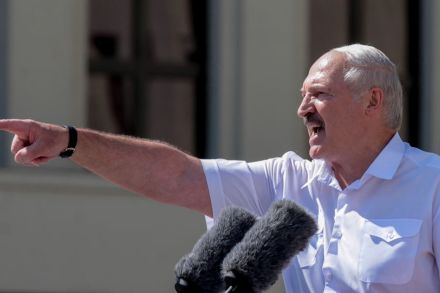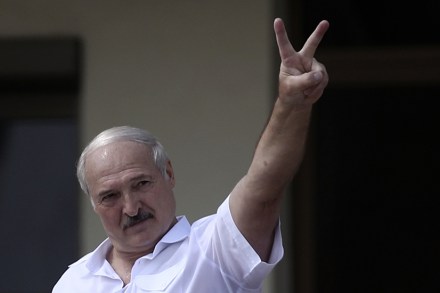The Belarus hijacking reveals the West’s complacency
On Sunday evening an act of appalling state kidnapping took place over the skies of Europe. Four alleged KGB officers and a Soviet-era MIG-29 fighter jet forced a Ryanair flight, travelling between two EU capitals, to divert to Minsk. The hijacking was a carefully planned, outrageous operation. The Belarusian KGB (sadly not an anachronism) had claimed there was an explosive device onboard, but their real target was Roman Protasevich, a 26-year-old journalist. Protasevich is the founder of the NEXTA telegram channel, which supported and covered the anti-government protests that erupted in Belarus last August after falsified presidential elections. The journalist was arrested alongside his fiancée, with footage emerging late Monday







